NHS approves new hi-tech laser treatment for prostate sufferers
Therapy will mean fewer overnight hospital stays and speed up recovery times, but may not be suitable for all
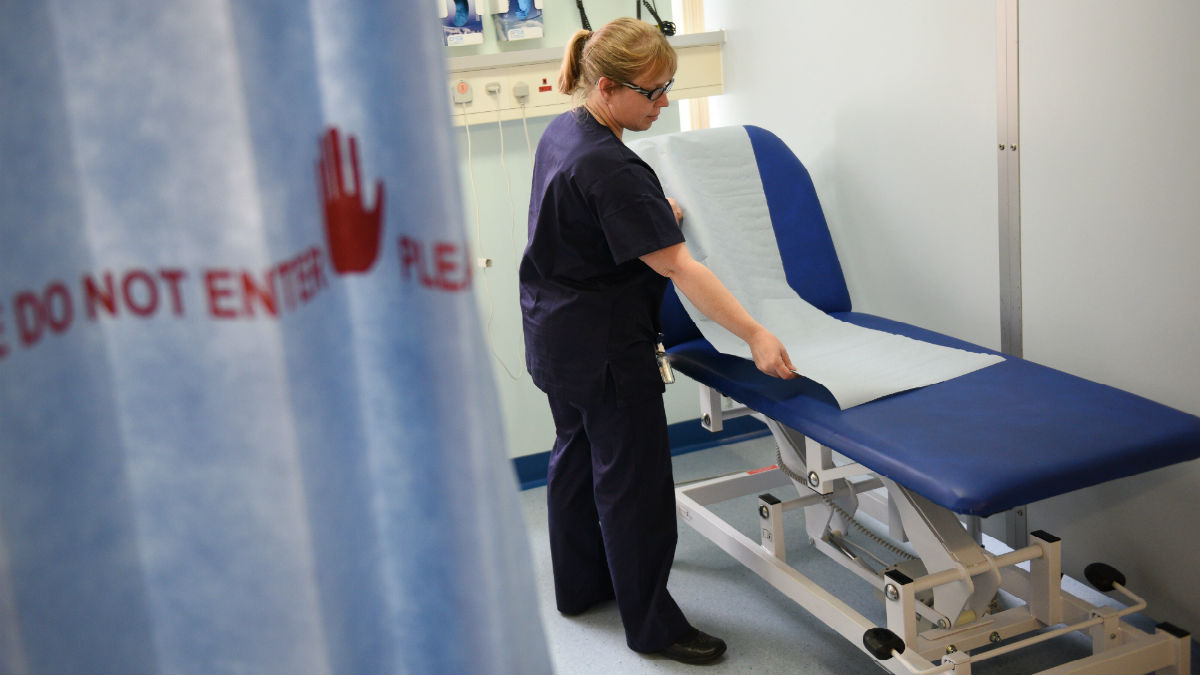
A free daily email with the biggest news stories of the day – and the best features from TheWeek.com
You are now subscribed
Your newsletter sign-up was successful
The NHS has approved the use of lasers to treat patients suffering with an enlarged prostate in a move that hopes to cut overnight hospital stays and speed up recovery times.
"Around 60 per cent of men over the age of 60 suffer from prostate enlargement, which can mean increasing lavatory trips at night and repeated urinary tract infections," says the Daily Telegraph.
Currently, the main treatment on offer is surgery, which requires an overnight stay in hospital and the risk of complications, adds the paper.
The Week
Escape your echo chamber. Get the facts behind the news, plus analysis from multiple perspectives.

Sign up for The Week's Free Newsletters
From our morning news briefing to a weekly Good News Newsletter, get the best of The Week delivered directly to your inbox.
From our morning news briefing to a weekly Good News Newsletter, get the best of The Week delivered directly to your inbox.
GreenLight XPS, which uses a laser to destroy the excess tissue in the gland, achieves the same effects but in less time.
Studies found the treatment was "just as effective as standard operations but patients spent a third less time in hospital and many fewer hours fitted with a catheter," reports The Times.
Professor Carole Longson, the director of the National Institute for Health and Care Excellence (Nice), said: "Whilst benign enlarged prostates may not be life-threatening, the condition can affect men's lives significantly.
"A procedure to reduce the amount of excess prostate tissue can improve the quality of life. Using the GreenLight XPS is more convenient for patients than other surgical procedures as they don’t need to stay in hospital overnight and they can return to normal activity faster."
A free daily email with the biggest news stories of the day – and the best features from TheWeek.com
As many as 13,600 men a year with enlarged prostates could benefit from treatment with the device, said Nice.
But Professor Longson warned there was not enough evidence to be sure the method would be as successful for men with higher risks of complications and as such, doctors are not encouraged to routinely offer the system, although they can do so on an experimental basis.
"We recommend that specialists collaborate to collect and publish data if GreenLight XPS is used in treating enlarged prostates in men classed as high risk. This will help improve the evidence base and could enable future recommendations on its use," she said.
-
 Political cartoons for February 20
Political cartoons for February 20Cartoons Friday’s political cartoons include just the ice, winter games, and more
-
 Sepsis ‘breakthrough’: the world’s first targeted treatment?
Sepsis ‘breakthrough’: the world’s first targeted treatment?The Explainer New drug could reverse effects of sepsis, rather than trying to treat infection with antibiotics
-
 James Van Der Beek obituary: fresh-faced Dawson’s Creek star
James Van Der Beek obituary: fresh-faced Dawson’s Creek starIn The Spotlight Van Der Beek fronted one of the most successful teen dramas of the 90s – but his Dawson fame proved a double-edged sword
-
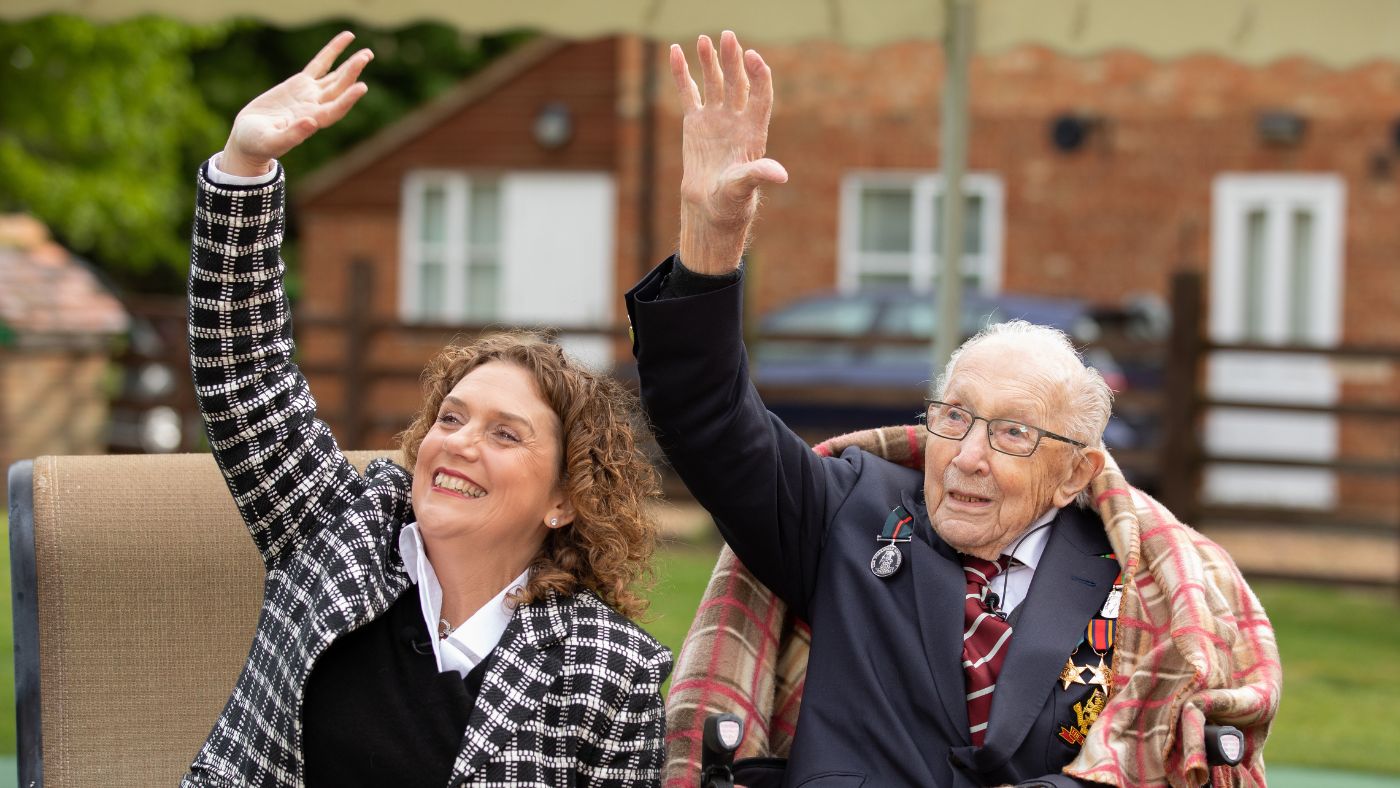 Captain Tom charity closes to donations amid daughter’s pool row
Captain Tom charity closes to donations amid daughter’s pool rowSpeed Read Hannah Ingram-Moore to appeal council order to demolish spa complex at her home
-
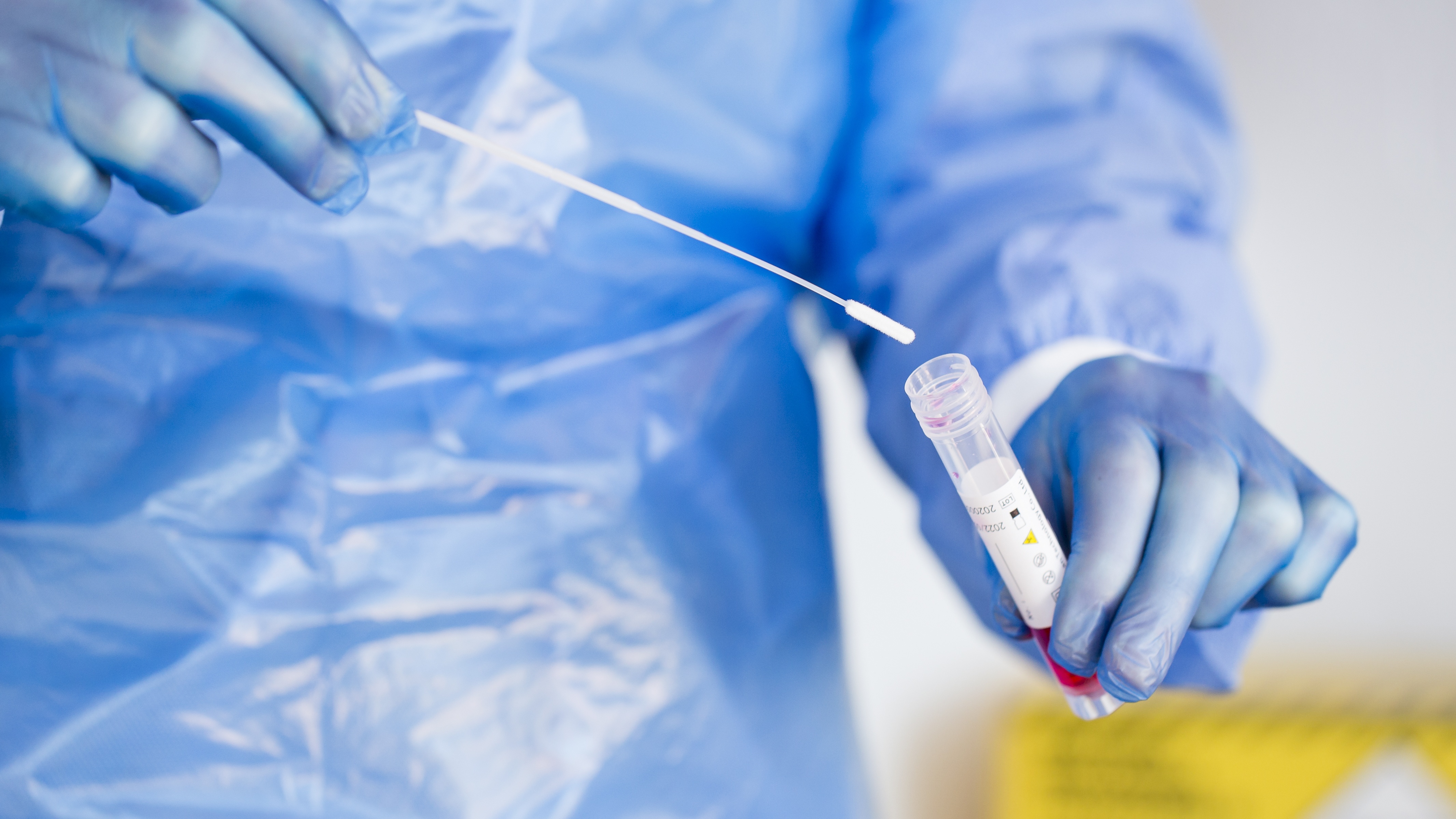 The Week Unwrapped: Sex and health, the Earth’s core and another new year
The Week Unwrapped: Sex and health, the Earth’s core and another new yearpodcast Is the NHS failing British women? What’s going on at the centre of our planet? And what’s in a date?
-
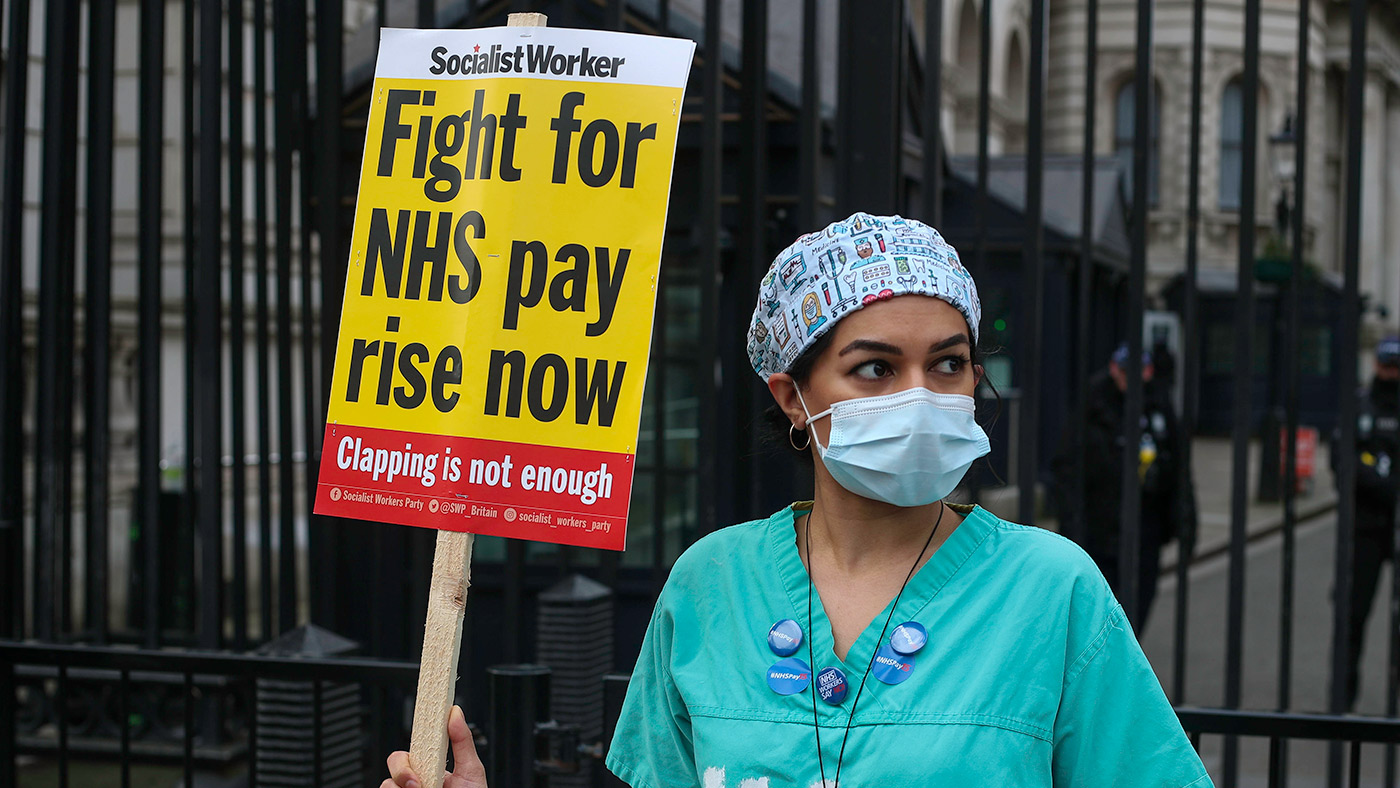 National nursing strike: should the patient ‘always come first’?
National nursing strike: should the patient ‘always come first’?Talking Point Recent YouGov poll found that 65% of public approves of strike action
-
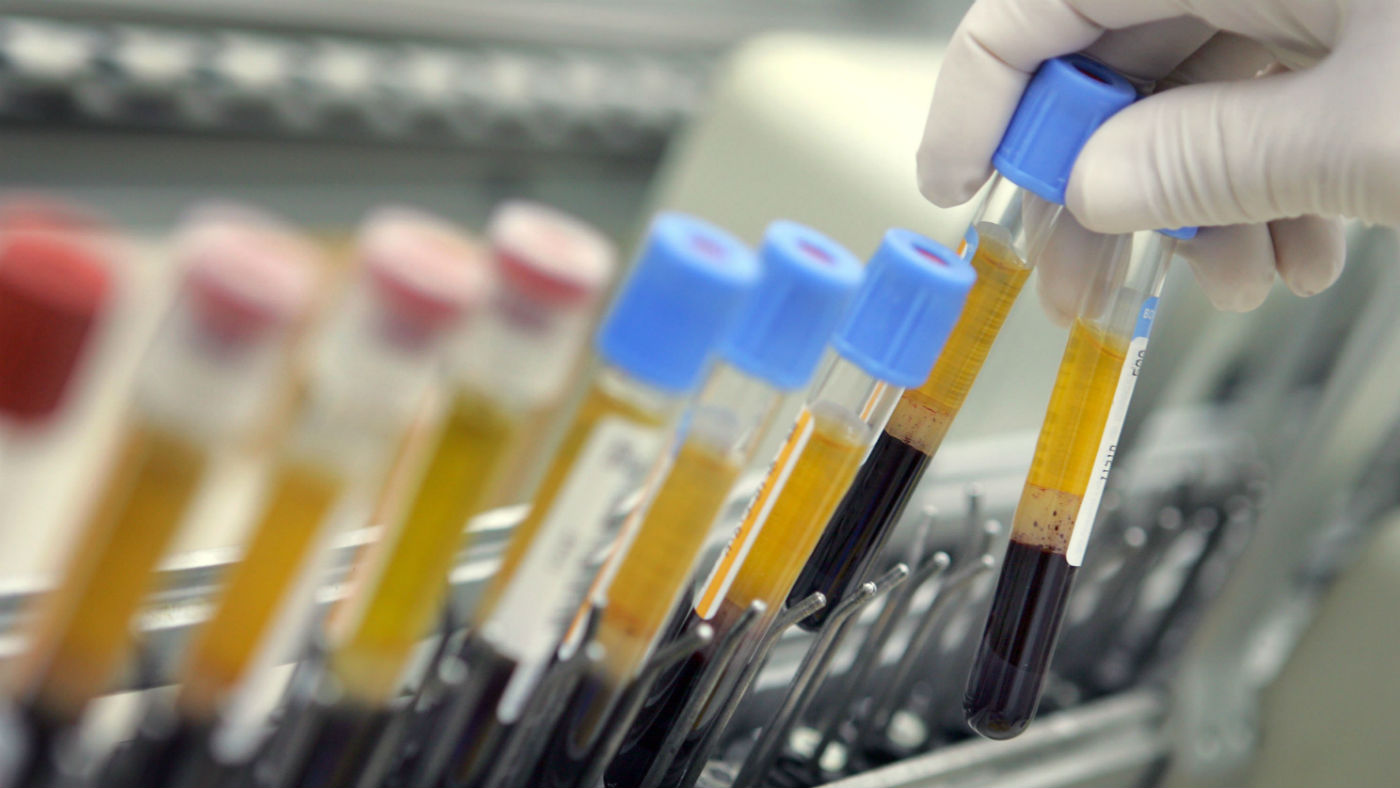 The science behind lab-grown blood
The science behind lab-grown bloodfeature Development of ‘absolute game changer’ could help those with sickle cell and other conditions
-
 ‘Moving CBBC online isn’t modernisation – it’s dangerous’
‘Moving CBBC online isn’t modernisation – it’s dangerous’Instant Opinion Your digest of analysis from the British and international press
-
 The Week Unwrapped: Quitting China, social age checks and dental deserts
The Week Unwrapped: Quitting China, social age checks and dental desertspodcast Why has AirBnB given up on China? Are social networks finally taking age limits seriously? And why is it so hard to find a dentist?
-
 ‘Negotiation with Putin would be a moral disaster’
‘Negotiation with Putin would be a moral disaster’Instant Opinion Your digest of analysis from the British and international press
-
 The Week Unwrapped: Home-working pay cuts, Taiwan and Cinderella
The Week Unwrapped: Home-working pay cuts, Taiwan and Cinderellapodcast Should people who work from home earn 20% less? Is Taiwan at risk of a Chinese invasion? And what does the failure of Andrew Lloyd Webber’s latest production tell us about post-Covid theatre?